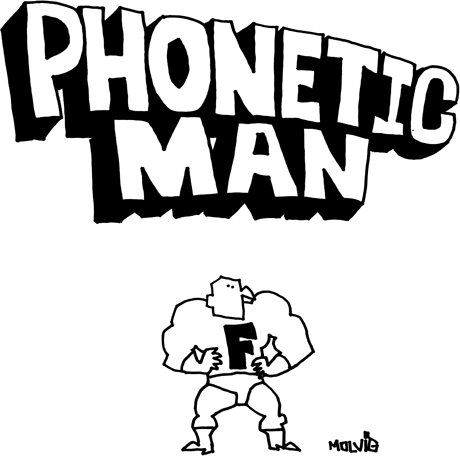Liking the crotch on an idea
From composer Nico Muhly's blog, about responses to his music:
Anyway, I like the crotch on the idea that people I don’t know are behaving in a non-cynical, almost linear way with music (“I saw this thing that I liked, I want to go see more of that thing that I liked, even though I don’t know much about what-all is going to happen”) rather than in a jaded, non-exploratory way (“new music is bullshit, whatever”). If you like something, find a path through it and then follow the path outwards, to other pieces, other composers, other musics. If you don’t like it, close your eyes and think about Brahms; it soothes the mind and calms the bowels.
The source of the expression is R. Kelly's song "I Like the Crotch on You", from the album 12 Play, where it's pretty much literal. Maybe Muhly's extension takes the crotch to be the central or essential aspect of something, in particular of the woman the song is addressed to. (Googling doesn't seem to pull up any other such extensions; it looks like all R. Kelly and various literal senses of crotch, mostly having with the crotches of pieces of clothing.)
(Hat tip: Ned Deily)
Permalink Comments off



